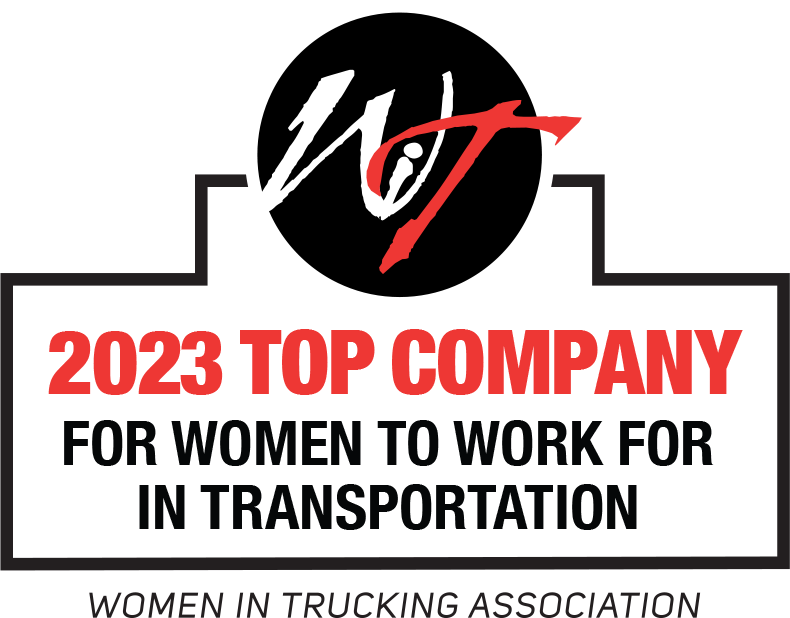In honor of the shortest month of the year, here’s an equally short Q&A version of this month’s viewpoint column:
Q: Will digital freight marketplaces gain more traction and market share in our industry?
A: Yes.
Could we say more? Absolutely. After all, in recent years, much has been written about the rise of these highly advanced, AI-enabled freight matching services.
But do we need to? Not really – because it’s a moot point to argue about whether or not DFMs are a viable alternative to more traditional transportation booking methods (and whether their growing market share is s a good thing or a bad one). Like it or not, they’re here to stay, with more carriers, shippers and freight brokers making use of them every day.
The real question is, how well is your company positioned to accommodate this new reality? And what kind of a DFM adopter do you plan to be?
Here at AFS, we’ve been considering these questions for quite a while, because providing companies with efficient freight brokerage services is a big part of what we do.
What we’ve concluded is that there’s more than one way to look at this developing story – and more than enough room in our industry for many types of transportation booking models.
As a major fan of cutting-edge technologies, we applaud the fact that many of the biggest DFMs provide shippers with access to hundreds of thousands of carriers that shippers otherwise might not have been exposed to – and allow all players to significantly speed up the booking, billing, and payment process for non-contracted freight.
However as a longtime industry player, we also recognize that there are times when relationships are still key and when an individualized, human approach to negotiating price, interacting with and problem-solving with carriers is the optimal way to get goods moved.
Just as important, we understand that sometimes it’s possible and perhaps even imperative to employ a healthy blend of both methodologies, as many 3PLs and freight brokers do when they use their own capacity but also work with at least one DFM. In fact, it appears that many pure-play DFMs are extremely open to arrangements like this – and to teaming up with leading TMS providers to offer tight integration.
But perhaps most significant of all, we know this: In today’s increasingly chaotic, constrained, and digital transportation world DFMs aren’t just a flavor of the month. They’re the wave of the future. And in many cases, that future is closer than you think.
We’ll be ready. Will you?









